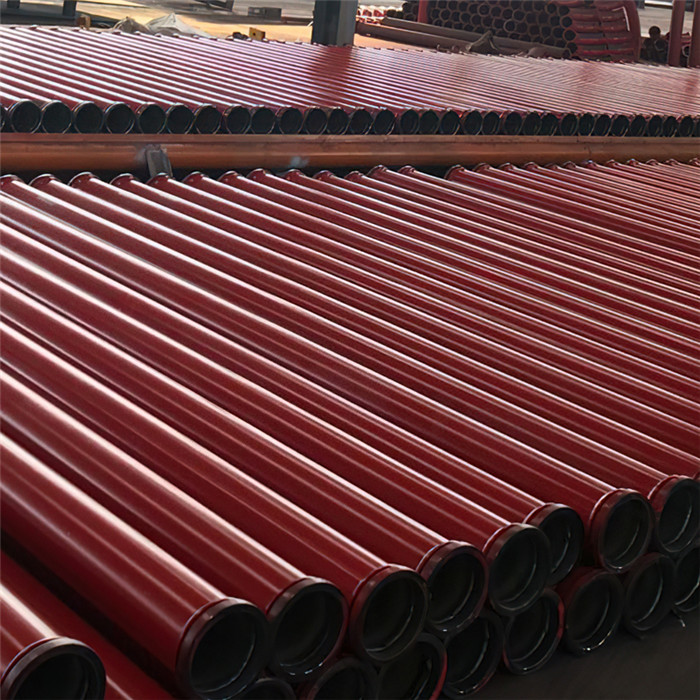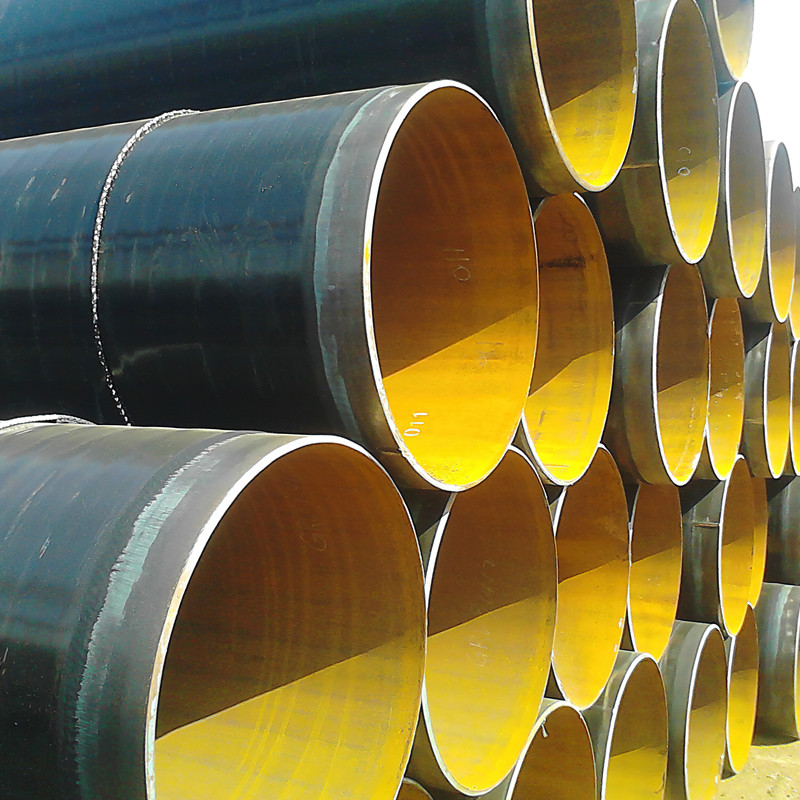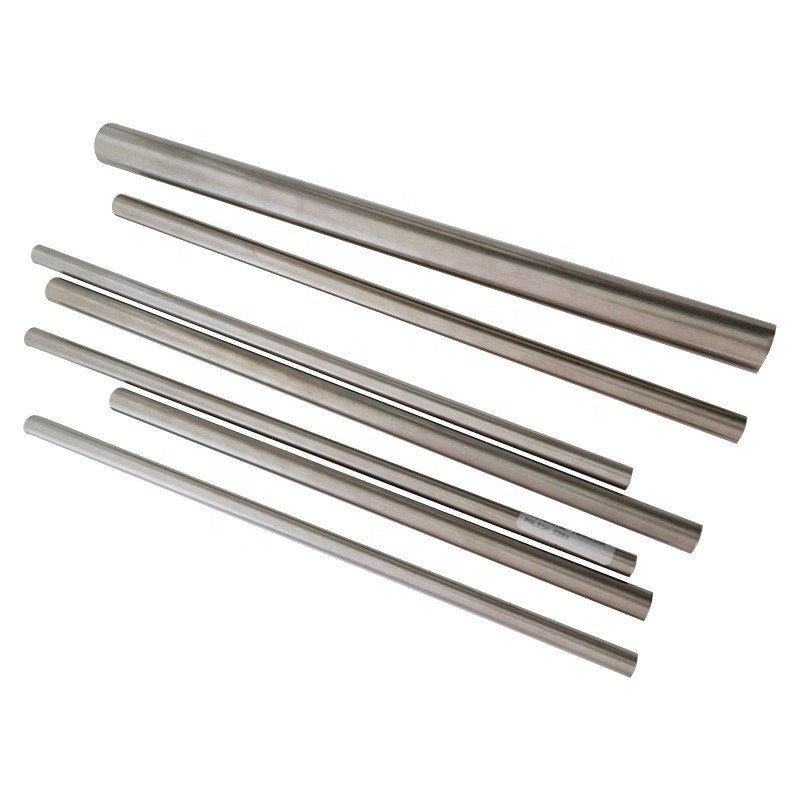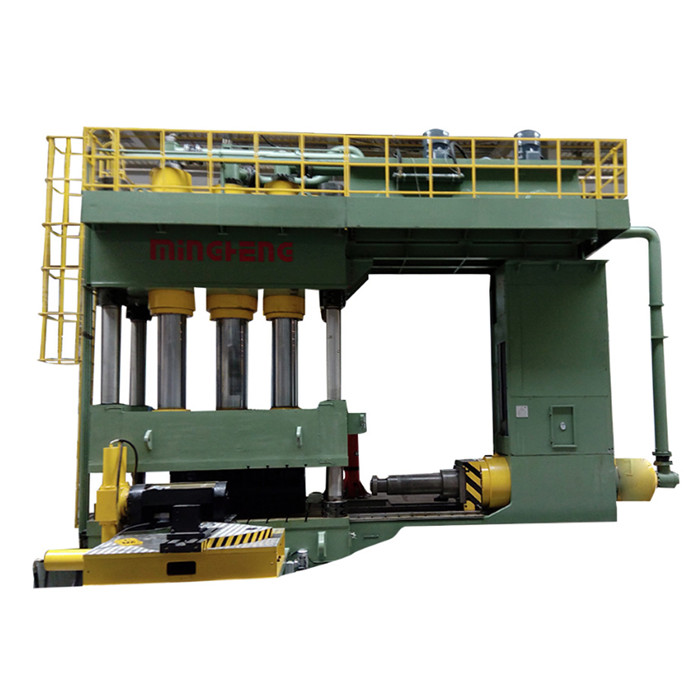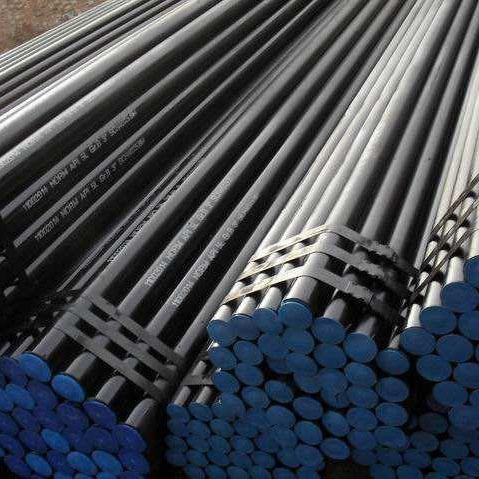Elevating Precision: The Role of Hydraulic Pipe Fittings Machines in Modern Industry
In the intricate world of industrial fluid transfer systems, the integrity and performance of pipe fittings are paramount. From high-pressure oil and gas pipelines to complex chemical processing plants, reliable connections are critical. The modern hydraulic pipe fittings machine stands at the forefront of this manufacturing necessity, providing unparalleled precision, efficiency, and versatility in producing the essential components that form the backbone of these systems. This document delves into the sophisticated engineering, diverse applications, and strategic advantages offered by these advanced manufacturing solutions, addressing the needs of B2B decision-makers and technical engineers.
Industry Trends: Driving Automation and Precision
The global industrial landscape is experiencing a profound shift towards greater automation, digital integration, and sustainability. For pipe fittings manufacturing, this translates into a demand for machines that offer:
- Enhanced Precision and Repeatability: Critical for meeting stringent industry standards (e.g., ASME B16.9) and reducing material waste.
- Increased Automation and Integration: Seamless operation within larger manufacturing lines, minimizing manual intervention and maximizing throughput.
- Material Versatility: Capability to process a wide range of materials, including carbon steel, stainless steel, alloy steels, and exotic alloys.
- Energy Efficiency: Reduced operational costs through optimized hydraulic systems and intelligent power management.
- Advanced Diagnostics and IoT Connectivity: Predictive maintenance, real-time performance monitoring, and remote support capabilities.
These trends underscore the strategic importance of investing in cutting-edge hydraulic pipe fittings machine technology to maintain a competitive edge and ensure compliance with evolving regulatory environments.
The Manufacturing Process of a Hydraulic Pipe Fittings Machine
The construction of a high-performance hydraulic pipe fittings machine is a multi-stage engineering endeavor, demanding meticulous attention to detail and robust material selection. The process ensures the machine's durability, precision, and long service life under demanding industrial conditions.
Core Materials and Components:
- Structural Frame: Often constructed from high-strength structural steel (e.g., Q345B, S355JR) or cast iron, designed for rigidity and vibration dampening.
- Hydraulic System Components: High-grade alloy steels for cylinders, pistons, and valves (e.g., 40Cr, 42CrMo), ensuring high pressure resistance and wear longevity. Seals are typically made from advanced polymers like Viton or PTFE.
- Forming Dies: Tool steels (e.g., SKD11, D2 steel) are precision-machined and heat-treated to achieve exceptional hardness and wear resistance, crucial for shaping diverse materials.
- Control System: Industrial-grade PLCs, HMIs, and associated electronics from reputable brands (e.g., Siemens, Rockwell, Mitsubishi) for reliable automation.
Manufacturing Process Steps:
Step 1: Frame Fabrication & Welding
High-strength steel plates are cut, formed, and welded to create the robust main frame, ensuring structural integrity. Stress relieving processes are applied post-welding.
Step 2: Component Forging & Casting
Key hydraulic components (e.g., cylinder bodies) undergo precision forging or casting, followed by annealing to optimize mechanical properties.
Step 3: CNC Machining
Critical parts, including dies, pistons, and valve blocks, are machined to tight tolerances using advanced CNC milling and turning centers to ensure precise fit and function.
Step 4: Heat Treatment & Surface Finishing
Components subjected to wear, like dies and guide rails, undergo heat treatment (e.g., quenching, tempering, nitriding) for increased hardness and corrosion resistance. Precision grinding and surface coating (e.g., hard chrome plating) are also applied.
Step 5: Assembly & Integration
The mechanical, hydraulic, and electrical systems are carefully assembled. PLC programming and HMI integration are performed, ensuring all components work synergistically.
Step 6: Testing & Quality Control
Each hydraulic pipe fittings machine undergoes rigorous functional testing, pressure testing of the hydraulic system, and dimensional accuracy checks of produced fittings.
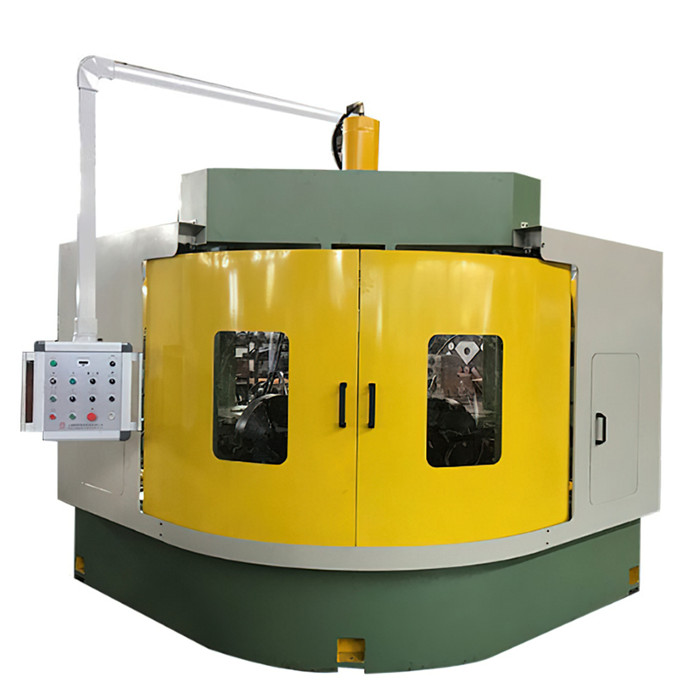
Testing Standards & Service Life:
Manufacturers adhere to international testing standards such as ISO 9001 for quality management, CE marking for European conformity, and relevant industry-specific standards for components (e.g., ASTM for materials, ANSI/ASME for pressure vessels). A well-maintained hydraulic pipe fittings machine designed with quality components can achieve a service life of 15-25 years, often exceeding typical industrial equipment lifespans due to its robust construction.
Target Industries & Advantages:
These machines are indispensable across critical sectors:
- Petrochemical & Oil & Gas: For producing fittings capable of withstanding extreme pressures, temperatures, and corrosive media. Advantages: High corrosion resistance, superior weldability of formed fittings.
- Metallurgy: Manufacturing robust pipe components for heavy-duty industrial furnaces and processing lines. Advantages: High energy saving through efficient forming, reduced material wastage.
- Water Supply & Drainage: Large diameter fittings for municipal and industrial water infrastructure. Advantages: Consistent product quality, ensuring leak-free connections and extended system life.
- Power Generation: High-integrity fittings for steam and cooling systems in conventional and nuclear power plants. Advantages: Precision forming for critical applications, ensuring safety and operational reliability.
Technical Specifications & Performance Parameters
Understanding the technical specifications of a hydraulic pipe fittings machine is crucial for evaluating its suitability for specific manufacturing requirements. The table below presents typical parameters for a high-performance machine, capable of producing various fittings, including those by a tee forming machine process.
| Parameter | Description | Value Range |
|---|---|---|
| Pipe Diameter Range | Applicable nominal pipe sizes (NPS) for forming. | DN 50 - DN 1200 (2" - 48") |
| Wall Thickness Range | Minimum to maximum wall thickness of pipes that can be formed. | 3 mm - 60 mm (0.12" - 2.36") |
| Forming Pressure | Maximum hydraulic pressure exerted during the forming process. | 250 - 2500 Tons |
| Main Motor Power | Power rating of the primary hydraulic pump motor. | 37 kW - 250 kW |
| Control System | Type and brand of programmable logic controller (PLC) and HMI. | Siemens S7, Rockwell Allen-Bradley, Mitsubishi FX series with Touch Panel HMI |
| Material Compatibility | Types of pipe materials that can be processed effectively. | Carbon Steel, Stainless Steel (304, 316, 321), Alloy Steel (P11, P22, P91), Duplex/Super Duplex |
| Production Capacity | Typical output rate for standard elbow/tee fittings. | 20-120 pieces/hour (depending on size & complexity) |
| Dimensions (L x W x H) | Overall footprint of the machine. | From 4m x 2m x 2.5m up to 12m x 5m x 4m (for large models) |
| Machine Weight | Approximate weight of the complete machine. | 15 Tons - 150 Tons |
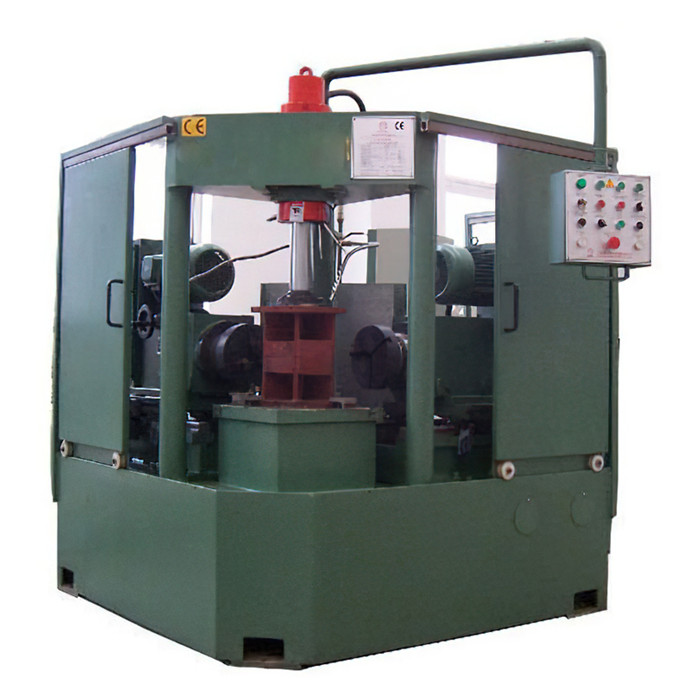
Application Scenarios and Technical Advantages
The versatility of a hydraulic pipe fittings machine makes it a cornerstone technology across a myriad of industrial applications. Its ability to produce high-quality fittings ensures the integrity and efficiency of critical infrastructure.
Key Application Scenarios:
- Oil & Gas Exploration & Transportation: Producing elbows, tees, and reducers for high-pressure pipelines, offshore platforms, and refinery operations where reliability is non-negotiable.
- Chemical Processing Plants: Manufacturing corrosion-resistant fittings from stainless steel and duplex alloys for handling aggressive chemicals and high temperatures.
- Power Generation (Thermal, Nuclear, Hydro): For critical piping systems conveying steam, water, and other fluids under extreme conditions.
- Shipbuilding & Marine Engineering: Fabricating pipe components for ship propulsion systems, ballast lines, and offshore structures, demanding robust construction and material traceability.
- Construction & Infrastructure: Large diameter fittings for water transmission lines, wastewater treatment plants, and structural steel applications.
- Automotive & Aerospace: Specialized fittings for hydraulic and pneumatic systems, where precision and lightweight are crucial.
Technical Advantages:
- Superior Material Integrity: Unlike welded fittings, hydraulically formed fittings maintain the original grain structure of the pipe, leading to enhanced mechanical properties and reduced risk of weld defects.
- Exceptional Dimensional Accuracy: Advanced CNC control and precise die design ensure fittings meet stringent dimensional tolerances, facilitating easy installation and preventing leaks.
- High Production Efficiency: Automated processes significantly reduce cycle times compared to manual fabrication or multi-stage forming, boosting overall plant productivity.
- Reduced Waste and Cost: Optimal material utilization due to controlled forming processes minimizes scrap rates. Lower labor input and consistent quality also contribute to cost savings.
- Versatile Forming Capabilities: Capable of producing a wide range of fitting types including elbows (long radius, short radius), tees (equal, reducing), reducers (concentric, eccentric), and caps, adapting to diverse project needs. A specialized tee forming machine module can be integrated for high-volume tee production.
- Enhanced Safety: Automated operation reduces human exposure to hazardous forming processes, improving workplace safety.
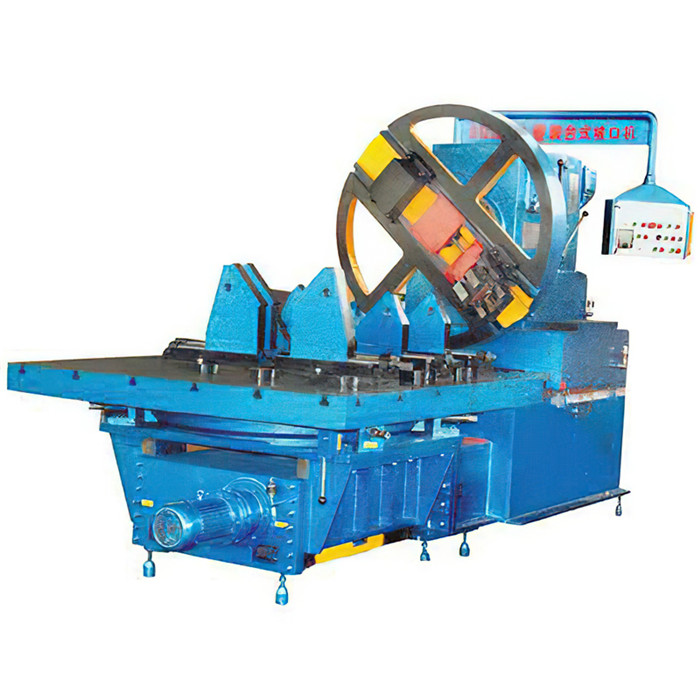
Vendor Comparison and Customized Solutions
Selecting the right hydraulic pipe fittings machine vendor requires a comprehensive evaluation beyond initial purchase price. Key factors include machine performance, after-sales support, customization capabilities, and long-term total cost of ownership (TCO).
Vendor Comparison Table (Illustrative):
| Feature/Vendor | Vendor A (Premium) | Vendor B (Mid-Range) | Vendor C (Economy) |
|---|---|---|---|
| Automation Level | Full PLC control, auto-loading/unloading, remote diagnostics | PLC control, semi-automatic loading, local HMI | Basic PLC, manual operation |
| Pipe Diameter Range | DN 50 - DN 1200 | DN 80 - DN 800 | DN 100 - DN 500 |
| Max. Forming Pressure | 2500 Tons | 1200 Tons | 600 Tons |
| Component Quality | Premium European/Japanese hydraulics & electronics | Reputable Asian/Local hydraulics & electronics | Standard local components |
| Certifications | ISO 9001, CE, ASME compliant | ISO 9001, CE | ISO 9001 |
| Warranty | 24 months, global service network | 12-18 months, regional service | 12 months, local service |
| Lead Time (Approx.) | 16-24 weeks | 12-18 weeks | 8-14 weeks |
This table illustrates how different vendors cater to varying budget and performance needs. Companies like ours, with over two decades of innovation, focus on providing top-tier solutions that meet the most demanding specifications, ensuring long-term value and reliability for our clients.
Customized Solutions: Tailored to Your Production Needs
Many industrial operations have unique requirements that off-the-shelf machinery cannot fully address. Leading manufacturers of hydraulic pipe fittings machine offer extensive customization options, including:
- Specialized Die Design: For producing uncommon fitting geometries or handling specific material properties (e.g., highly abrasive alloys).
- Integrated Production Lines: Seamless integration with upstream (e.g., pipe cutting, beveling, like the Q1245 Beveling Machine) and downstream processes (e.g., heat treatment, quality inspection).
- Enhanced Automation: Implementation of robotic handling systems, advanced vision systems for quality control, and SCADA integration for comprehensive plant management.
- Material Handling Systems: Custom solutions for feeding, positioning, and offloading heavy or unusually shaped pipe sections.
- Environmental Adaptations: Machines designed for extreme temperature environments, hazardous locations (e.g., ATEX compliant), or cleanroom operations.
Partnering with a vendor capable of delivering bespoke solutions ensures that your investment directly aligns with your operational goals and maximizes return on investment.
Application Case Studies & Customer Trust
Real-world application demonstrates the transformative power of advanced hydraulic pipe fittings machine technology. Our commitment to client success and adherence to international standards like ISO and ASME has forged long-standing partnerships with leading EPC contractors and industrial giants worldwide.
Case Study 1: High-Pressure Pipeline Fittings for an Oil & Gas Major
Client: A global oil and gas supermajor developing a new offshore pipeline network.
Challenge: Requirement for thousands of high-integrity, large-diameter (DN 600 - DN 1000) elbows and tees from API 5L X65 material, needing consistent wall thickness and perfect dimensional accuracy to minimize welding time and inspection failures in a remote, harsh environment.
Solution: We provided a customized hydraulic pipe fittings machine with enhanced forming pressure and precision tooling specifically designed for X65 steel. The machine included integrated material handling and an advanced PLC system for real-time monitoring of forming parameters.
Results: The client achieved a 30% reduction in fitting rejection rates and a 20% increase in production throughput compared to previous methods. The superior quality of formed fittings significantly reduced on-site welding defects, saving an estimated $1.5 million in labor and rework costs over the project lifecycle. Customer feedback highlighted the machine's robust build and intuitive operation.
Case Study 2: Efficiency Boost in a Chemical Processing Facility
Client: A leading chemical manufacturer in need of upgrading their stainless steel (316L) piping infrastructure.
Challenge: Production of various size reducing tees and concentric reducers with critical internal surface finish requirements and tight tolerances to prevent accumulation of corrosive media, while increasing production volume by 50%.
Solution: We supplied a compact, high-speed tee forming machine module as part of a larger hydraulic pipe fittings machine system. This system was equipped with specialized dies for 316L material and a polished forming surface to meet the internal finish specifications.
Results: The client successfully increased their fitting production by 60% within the first year, exceeding their target. The consistent quality of the formed fittings led to a 15% reduction in material consumption due to minimized rework. The machine's energy-efficient hydraulic system also contributed to a 10% reduction in electricity costs for the fittings production line. "The precision and reliability of this machine have transformed our fabrication capabilities," noted the plant manager.
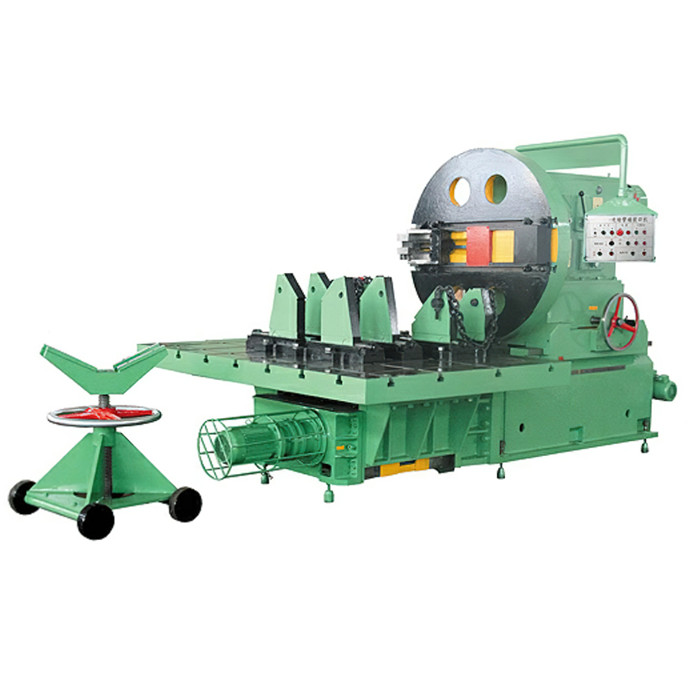
Building Trust: FAQ, Lead Time, Warranty & Support
Frequently Asked Questions (FAQ)
Q1: What types of fittings can a hydraulic pipe fittings machine produce?
A1: These machines are highly versatile and can produce various fittings including long radius and short radius elbows, equal and reducing tees, concentric and eccentric reducers, and pipe caps. Specific dies are required for each fitting type and size.
Q2: What is the typical lead time for a new machine?
A2: Lead times vary based on machine complexity and customization. For standard models, typical lead times range from 12 to 24 weeks from order confirmation to ex-works delivery. Highly customized machines may require longer.
Q3: What maintenance is required for a hydraulic pipe fittings machine?
A3: Regular maintenance includes checking hydraulic fluid levels and quality, inspecting seals and hoses, lubricating moving parts, and verifying electrical connections. We provide a detailed maintenance schedule and offer service contracts.
Q4: Can the machine handle different material types?
A4: Yes, our machines are designed for broad material compatibility, including carbon steel, various grades of stainless steel (e.g., 304, 316, 321), alloy steels, and specialized materials like Duplex and Super Duplex. Material-specific dies and optimized forming parameters are utilized.
Lead Time & Fulfillment
Our lead times are meticulously managed to ensure timely delivery without compromising quality. Standard production models typically have a fulfillment period of 12-16 weeks. For highly customized projects or large-scale integrated systems, lead times may extend to 20-24 weeks, factoring in design, engineering, material procurement, manufacturing, and comprehensive testing. We provide regular progress updates throughout the entire process.
Warranty Commitments
All our hydraulic pipe fittings machine models come with a standard 18-month warranty from the date of shipment or 12 months from installation (whichever comes first), covering defects in materials and workmanship. Extended warranty options and comprehensive service contracts are available to provide additional peace of mind and ensure maximum operational uptime.
Customer Support & After-Sales Service
Our commitment extends far beyond machine delivery. We offer a robust suite of after-sales support services:
- Technical Support: 24/7 remote and on-site technical assistance from experienced engineers.
- Spare Parts Management: Readily available inventory of critical spare parts, ensuring minimal downtime.
- Training Programs: Comprehensive operational and maintenance training for your personnel, conducted at our facility or yours.
- Preventive Maintenance: Scheduled maintenance services to optimize machine performance and extend service life.
- Upgrades & Modernization: Solutions for retrofitting older machines with new technologies and capabilities.
Conclusion
The modern hydraulic pipe fittings machine is an indispensable asset for any enterprise involved in the fabrication of high-quality pipe systems. Its precision, efficiency, and adaptability directly contribute to superior product quality, reduced operational costs, and enhanced safety. By understanding the intricate manufacturing processes, technical capabilities, and comprehensive support systems, B2B decision-makers can make informed investments that drive their operational excellence and secure a competitive advantage in a demanding global market.
References
- ASME Boiler and Pressure Vessel Code. Section IX: Welding, Brazing, and Fusing Qualifications. The American Society of Mechanical Engineers.
- ISO 9001:2015 Quality management systems – Requirements. International Organization for Standardization.
- ASTM International Standards for Steel Pipe, Fittings, Flanges, and Gaskets. ASTM International.
- Fluid Power Handbook. Hydraulics & Pneumatics Magazine. Penton Media Inc.
Post time: Sep . 02, 2025 06:20










